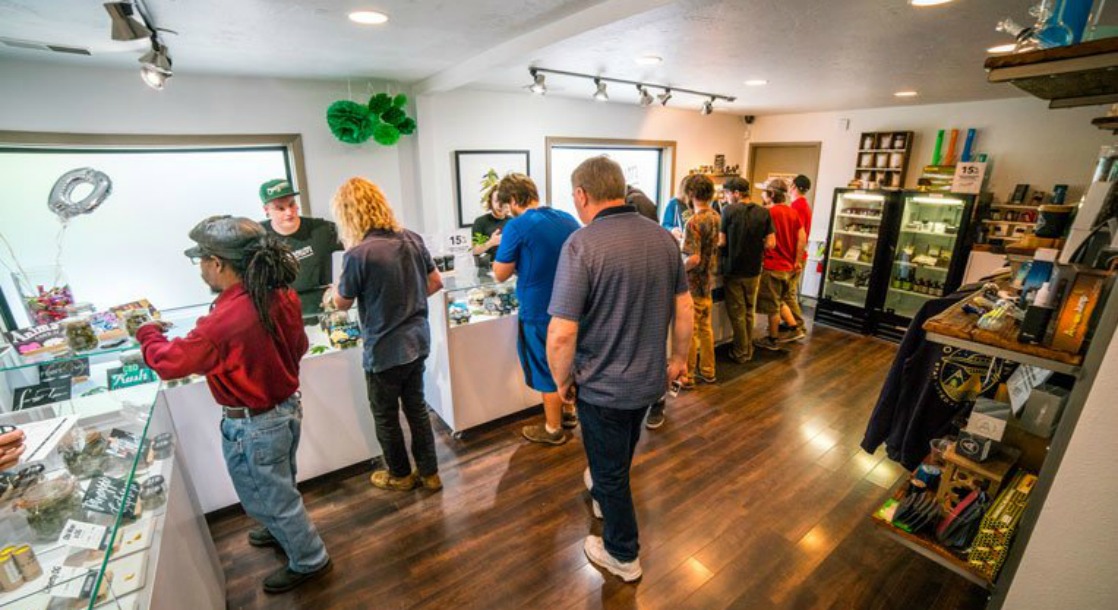With a federal crackdown looming, lawmakers in Oregon have introduced a bill that would help protect their state’s cannabis users from any federal repercussions.
The legislature was introduced by the bipartisan committee that crafts Oregon’s cannabis policies.
"I could see where the federal government would come in and try to gather this information from businesses that have stockpiled it and retained it in their records," Democratic state Sen. and bill sponsor Floyd Prozanski told ABC News. "I think we as legislators have a duty to protect our citizens."
Currently, Oregon pot shops collect customer information for marketing purposes. They take names, addresses, driver's license numbers and a slew of other personal data to better learn customer trends and offer perks like holiday discounts and birthday freebies.
Lawmakers are scared that federal agencies might seize this information in possible recreational marijuana crackdowns, and use it against Oregon cannabis users in a whole host of ways, most notably, affecting cannabis users ability to purchase a firearm.
"When you go to purchase a firearm, you have to fill out a background check, and there's a specific question about marijuana use on that form," Senate Republican Leader Ted Ferrioli, also a sponsor of the information protection bill, said. "I would hate to think that some misguided effort at the federal level to coordinate the client lists that could be confiscated in absence of this (proposal) with the firearms purchase lists."
For the Oregon Cannabis Business Council though, customers’ collected information is a valuable marketing tool, and the group doesn’t see federal enforcement as a direct threat to customers – with one dispensary owner calling the idea of federal customer data collection “absolutely ridiculous.”
But still, it is already illegal to collect customer information in both Colorado and Alaska, and in Washington, collecting info is allowed but heavily frowned upon. If federal enforcement does come down, some cannabis advocates don’t want customers caught in the crossfire, even if the chances are slim.
"We don't really track people's purchases to any real degree for things like alcohol," Chris Lindsey, senior legislative counsel for the Washington, D.C.-based Marijuana Policy Project told ABC News. "Why would the government need that information about me?"











